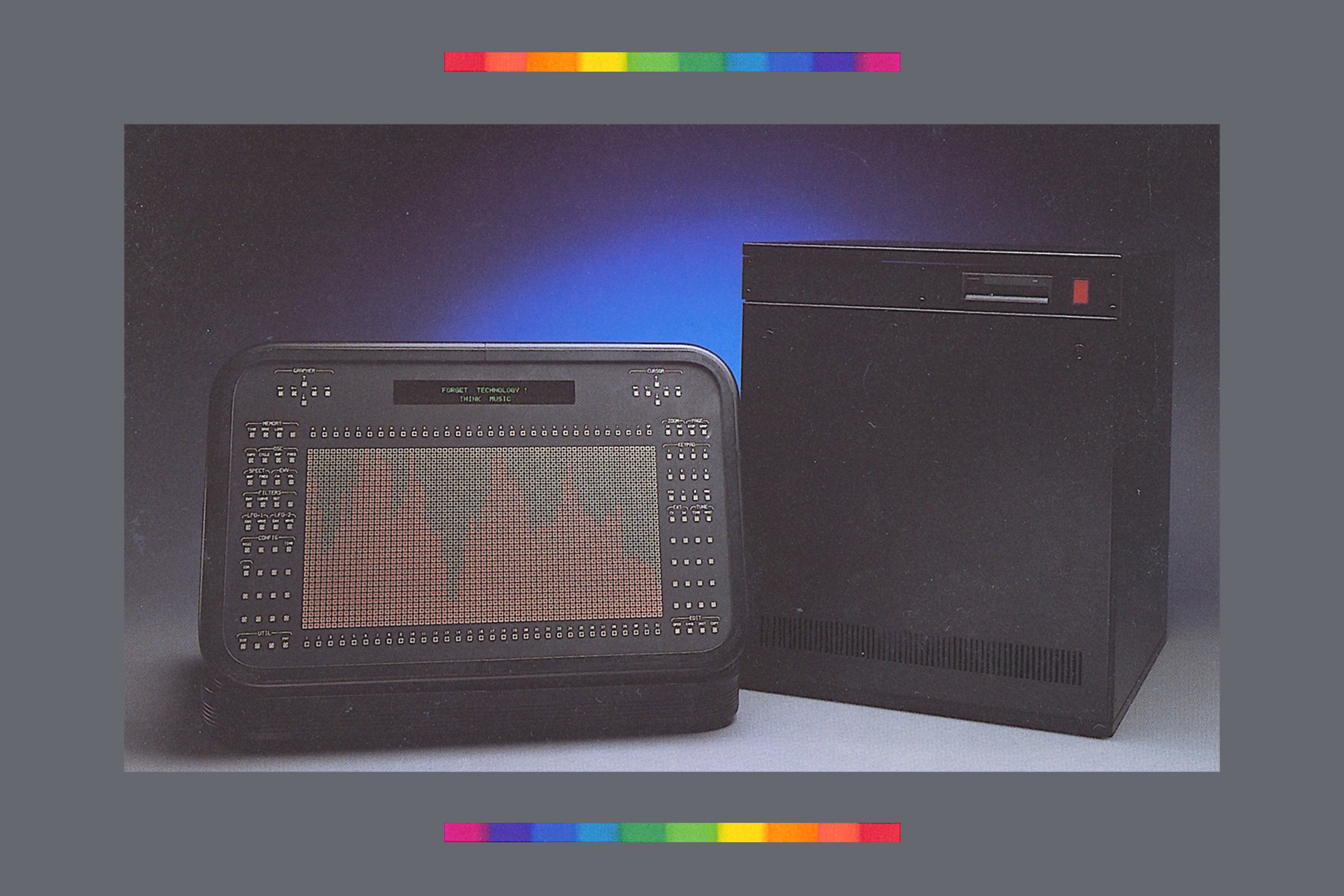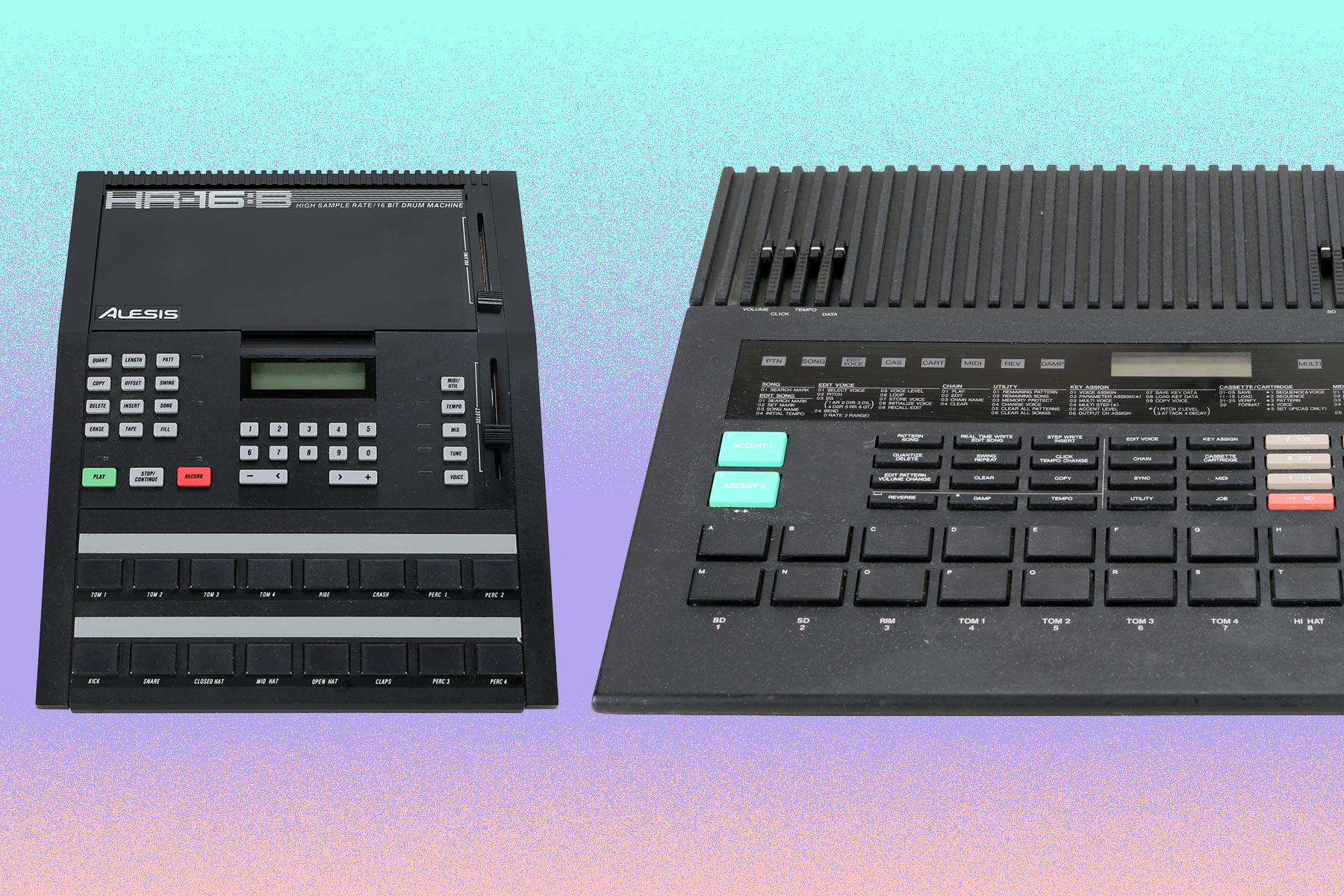Bandcamp Friday is back again! Today, Bandcamp is waiving its share of all sales in order to send profits directly to the artists and labels whose music you buy. So no matter what kind of music you're into—experimental, ambient, hyperpop, lowercase, whatever—go to Bandcamp today to support independent musicians and labels. Here are a few of our recent favorite tunes, to help act as a starting point for your sonic expedition.
Hysterical Love Project: Lashes
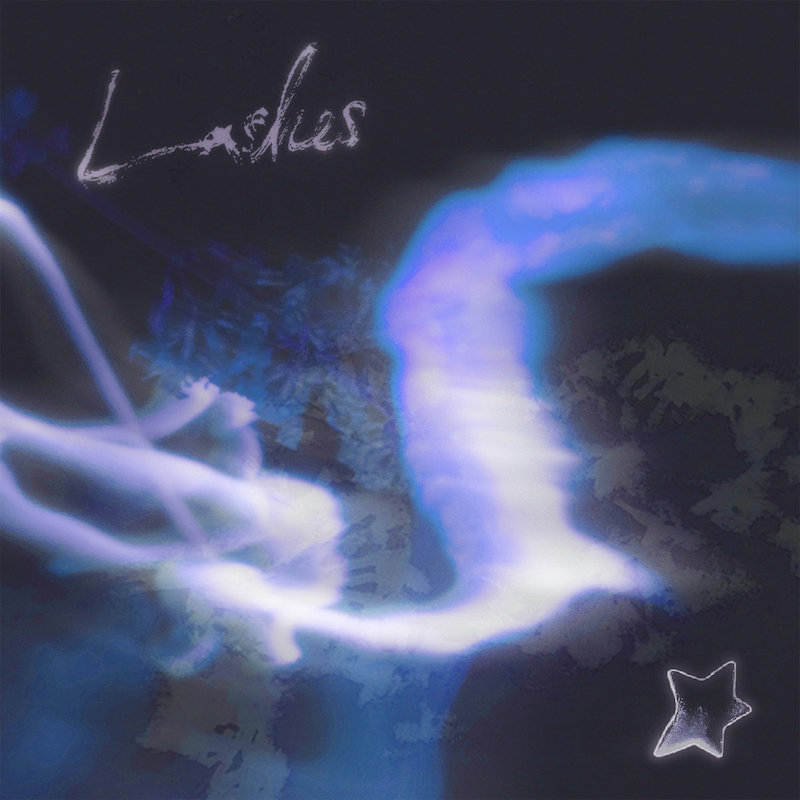
Hysterical Love Project is a collaboration between Ike Zwanikken and Brooklyn Mellar who create dreamy atmospheres with shoegaze inspired vocals. Lashes is their first release on Motion Ward, and it offers 12 tracks of laid-back moods that are perfect for the twilight moments in the day where the blending of two inner or outer worlds feels particularly soothing. Whether you're a fan of lovesliescrushing, Grouper, or Tom's Diner-era Suzanne Vega, Lashes has a little something for everyone.
The opening track, "Miracle-mouthed," sets the stage for what you are about to experience with subtle drums, minimal instrumentation, and dreamy but clear vocals. Throughout the album, the vocal treatments are tasteful and musical making each track easy to listen to. Each track sews a thread throughout, with "Your Laugh As My Ringtone" and "Lavender" being two personal standouts.
The second half of the album goes to some slightly different territory with "See You At The" changing the tone to a sparse and gentle melody driving the entire drum-eschewed track. "Ionian Sea" brings up feelings of nostalgia for the turn of the century when Enya and Madonna's "Ray Of Light" was charting, but done in a more textural way. The true shining star of the album is the closer, "Cement," which is an ambient dreamscape, alongside an infectious vocal melody. Highly recommended for those who want a dreampop, shoegaze, ambient soup to drink through the ears.
Link: check out Lashes on Bandcamp!
Too Hands: Music for 18 Plug-Ins
Collaborative communities can take many forms, especially in our increasingly connected internet world. There's possibly no better example of this in electronic and computer music than the sharing and collective iteration of ideas in the community of Max/MSP patchers. Much as how skilled instrumentalists can put their own spin on a piece of music, it's not uncommon to share a Max patch or snippet and then have someone else run with it and pull their own artistic identity out of the same code.
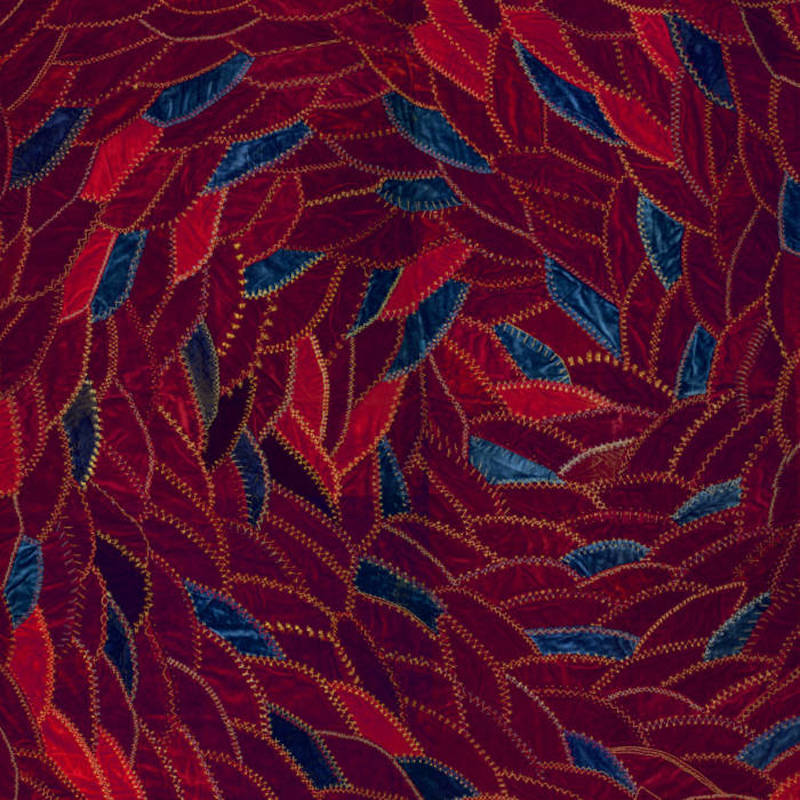
One of our highlighted albums for this month's edition of Bandcamp Friday is Music for 18 Plug-Ins by Too Hands, and it's a shining example of the sharing of ideas can lead to interesting music. Of course, the music heard here was composed by Too Hands, but the seed from which these tracks grew was a burst generator by another Max user, Jacob Sachs-Mishalanie. This burst generator was in turn adapted by Too Hands, and put into patches controlling various combinations of the titular 18 different plug-ins. The tracks are named rather literally, so there's never any mystery as to which plug-ins were used for a particular track.
On Music for 18 Plug-Ins, your eardrums will be tickled by an array of skittery polyrhythms performed by all manner of bell, bonk, and bleepy-bloopy sounds. Where sounds aren't generated by one of the listed plug-ins, a variety of physical-modeling instruments are employed for the sonic signature of glassy, metallic, and string-like timbres heard throughout the record. This style of synthesis also has the benefit of being inherently percussive—though you won't find the usual sort of drums here, a lot of these sounds fit into a hybrid space of tonal and percussive.
If you've followed the clips of patches that Too Hands shares on Instagram, you'll be delighted to know that those musical stylings continue on Music for 18 Plug-Ins. My personal favorite track might be "Synplant and Phase Plant"—it's filled with plenty of squeaks, plucky strings, and jittery bits that appeal to my taste in tones. But perhaps due to my other recent love of fast-paced metal music, I'm also particularly fond of "Keyscape and Alicia's Keys" and "Omnisphere 2," which push the tempo a bit higher.
If the frenetic and occasionally frantic music of Max patches is your jam, then Music for 18 Plug-Ins is well worth the listen.
Link: check out Music for 18 Plug-Ins on Bandcamp!
Revisiting U.S. Maple: Long Hair In Three Stages and Beyond
Naturally, at Perfect Circuit we mostly focus on electronic music—but we're fans of all sorts of music...the more unique, the better. Personally, I have a strong affinity for peculiar approaches to rock band instrumentation; and perhaps no time period explored experimental rock quite like the 1990s. It was a rich time with a seemingly endless well of unique takes on what rock could be, and what a rock band's instrumentation could be wrenched into sounding like.
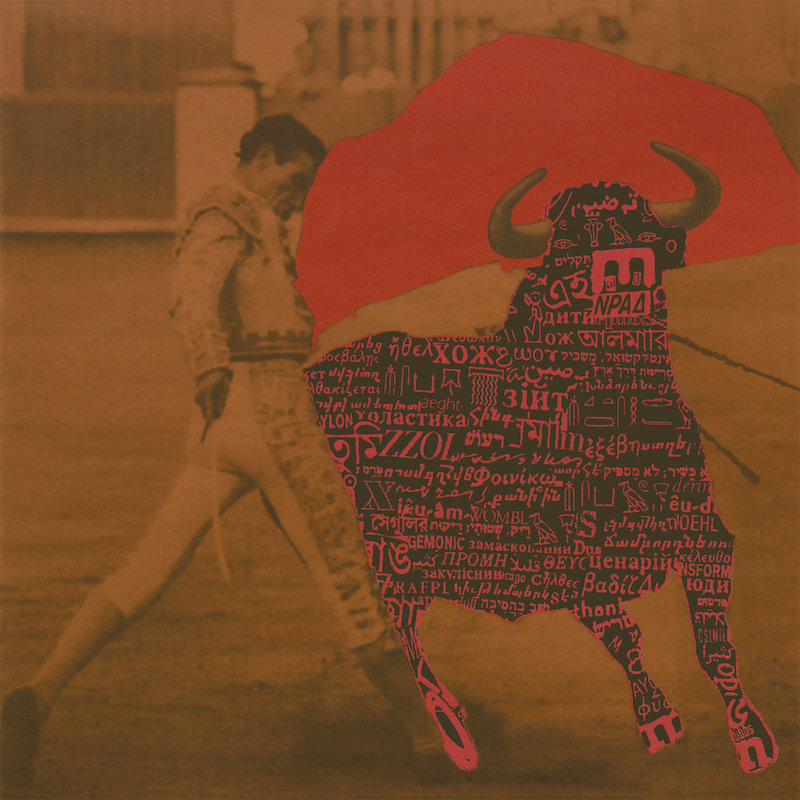 Cover art for U.S. Maple's 1995 release Long Hair in Three Stages
Cover art for U.S. Maple's 1995 release Long Hair in Three Stages
I was recently introduced by a friend to the '90s–'00s noise rock band U.S. Maple—and frankly, I think they might be one of the finest instances of exactly the type of music I'm talking about. Formed in 1995 by former members of Shorty and the Mercury Players, the band collectively hoped to "erase rock and roll from their collective minds." They purportedly came together in order to reimagine rock and roll altogether; stripping it down to its raw, core elements. The end result? It's something equal parts Captain Beefheart, Pere Ubu, Polvo, Sonic Youth, and Henry Cow...which is to say, it's edgy, aggressive, jarring, virtuosic, and often downright perplexing to hear. In other words, it's my jam.
Their first album Long Hair in Three Stages (produced by Jim O'Rourke) paints a thorough picture of the band's overall character: Al Johnson's slippery murmurs, grunts, and howls recall Yamantaka Eye; intrictate-yet-loose jarring distorted guitar lines collide with frantic drums in the style of Trout Mask Replica; seemingly disorganized full-band freak-outs coalesce into tight-yet-heavy grooves. You hear the timbres, lurch, and general structural qualities of rock intact—with harmony, clear melodies, distinct lyrics, and straightforward rhythm left by the wayside. Sure, it has all of the ingredients of a '90s alt/indie rock band...but they're uglier, edgier, more elemental, and sometimes downright confrontational: a familiar, comfortable structure being violently ripped apart as it goes. Check out "Hey King" and "You Know What...Will Get You You Know Where" for an idea of how some of this maniacal music might play out.
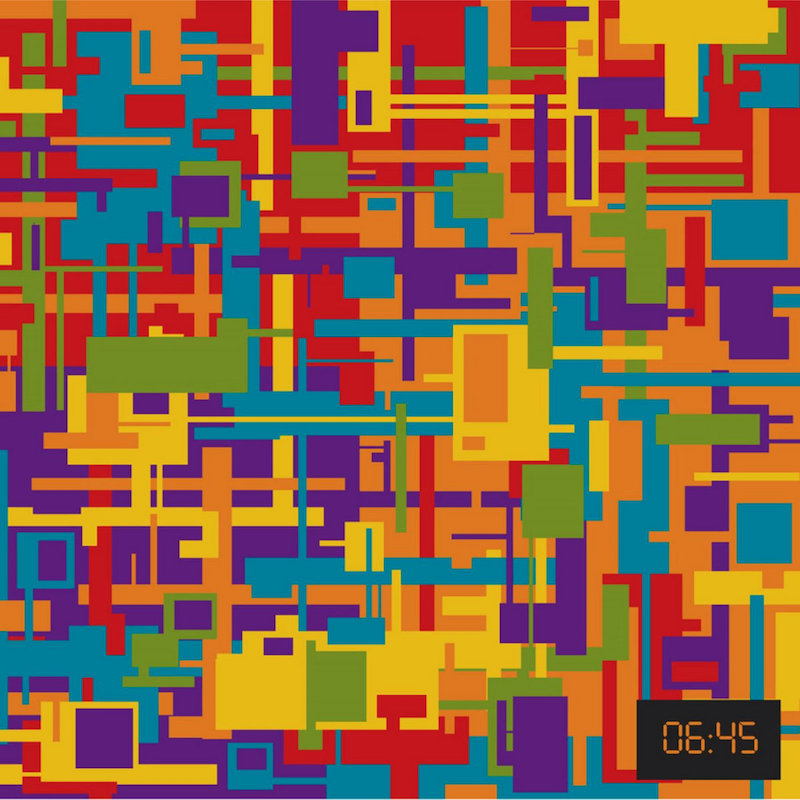 Cover art for U.S. Maple's 2003 release Purple On Time
Cover art for U.S. Maple's 2003 release Purple On Time
Let's fast-forward—in the years following 1995's Long Hair, U.S. Maple released a number of equally edgy, peculiar, and fascinating follow-ups, eventually moving from label Skin Graft to Drag City. Their first Drag City release, 1999's Talker, presents a more intimate take on the sound from Long Hair and 1997's Sang Phat Editor—something like a series of deconstructed ballads, downtempo jams, and messy soundscapes. Their fourth album Acre Thrills was released to critical...well, confusion; they took their sound into a somewhat more approachable direction, with more conventional song structures and pseudo-melodies than on prior releases (well-documented in a film that accompanied the release). Finally, on their last album, 2003's Purple on Time, they produced their most conventional rock/pop-like structures...but frankly, to say that it's anything like a typical rock album would be misleading. It's more like Sonic Youth's Goo reimagined through a haze, with Mike Patton-esque vocals, plenty of discordant guitar textures, and song structures that gradually disintegrate into a mess only to re-fuse instantaneously into a lurching, pulsating mass.
All in all? U.S. Maple's output certainly evolves as it goes, but never really becomes more coherent—and I mean that in the most respectful sense. Each album seems to present a unique idea for how the band could assemble new music with all the raw ingredients from a typical rock band. If heard passively, you might mistake it for typical '90s alt rock...but on a detailed listen, you'll realize it's something much more fragmented, thoughtful, and downright bizarre. I'd recommend starting with Long Hair and working your way forward from there.
Link: check out U.S. Maple on Bandcamp!
Rene Hell: Vanilla Call Option
If you've been keeping up with our Bandcamp coverage for a while—or if you checked out Jacob's review of Music for 18 Plug-Ins above—you probably realize that the Signal staff really likes computer music as a genre. When I say that, though, I'm not necessarily talking about just any music made on a laptop—I'm talking about music generated through creative coding, using a computer to create software structures that make, manipulate, or control sound. In some ways, computer music is quite a freeing genre: it can be generated without the expense of buying hardware, and without the hassle or practical constraints of building hardware. So, for those with the knowledge and skill to create computer music, many of the practical barriers between having a musical idea and hearing it are torn down. Any sound is achievable; any relationship between sounds is possible. As such, computer music often delves into territory not possible in other genres—and as such, there's a ton of truly unique computer-centric music out there.

Jeff Witscher is a long-standing favorite among musicians who value both the freedom/exploration of computer music and the density/intensity of harsh noise. Witscher has released music under a number of aliases, on a number of different labels—some of his own creation. Perhaps one of his most popular projects was Rene Hell, active in the early 2010s.
Now ten years after its initial release, Rene Hell's Vanilla Call Option is as gnarly, deep, and strikingly lovely as it was when it first emerged. It teeters between abrasive blasts of noise, patient sustained textures, unnatural/robotic repetitions, and gestural onslaughts of pseudo-rhythmic, complex tones. Creating a sense of cohesion and movement through the development of textures and timing, Vanilla Call Option is a collection of clean, meticulously-assembled vignettes, each with their own compelling internal logic and unique take on sound and musical development.
Be sure to check out "8," "Var_Len," and "Furniture Music" (my personal favorite). If you like Florian Hecker, Rashad Becker, or any of those classic noise-oriented-"eckers," Rene Hell won't disappoint.




